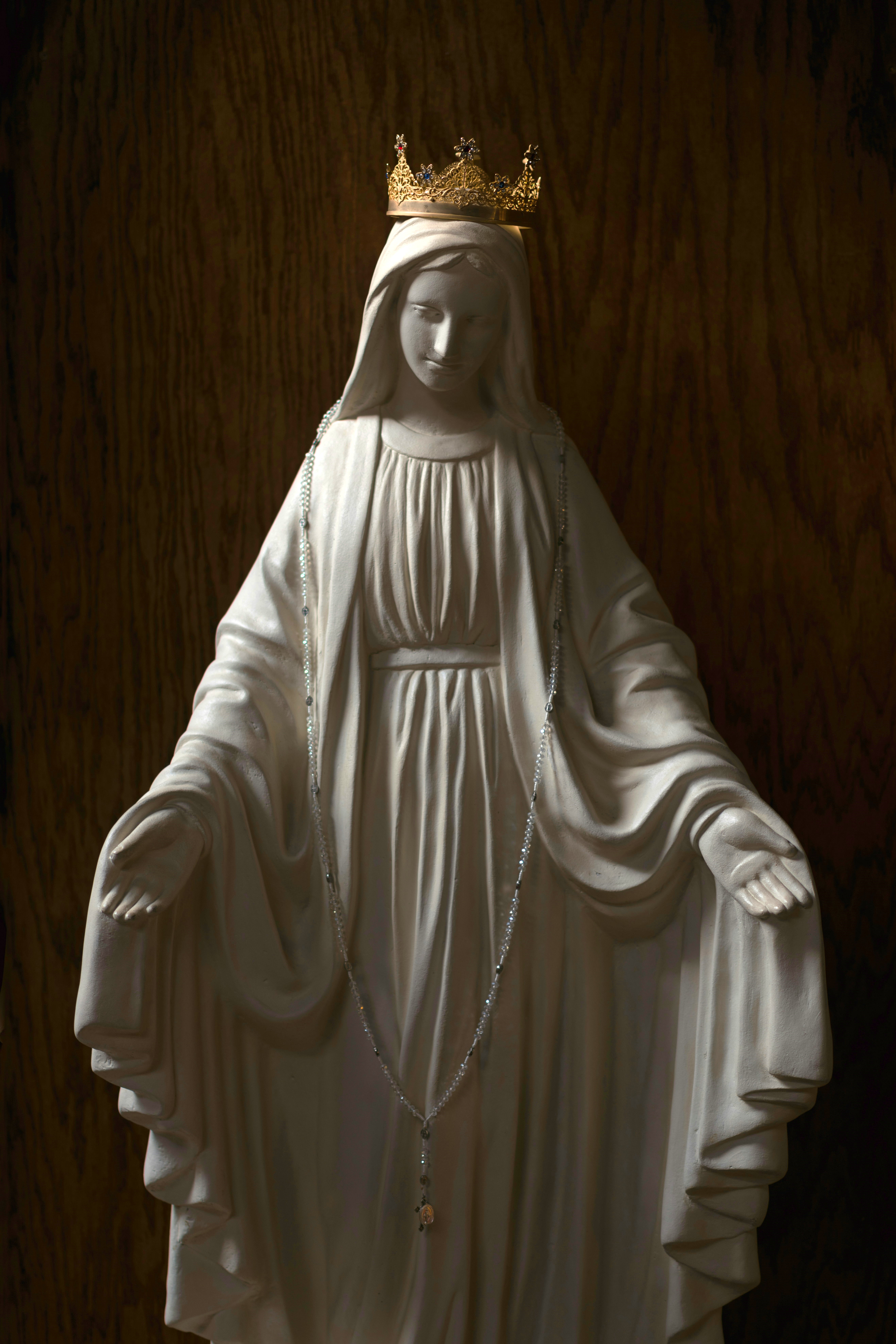One of the many perks of homeschooling is the ability to extend summer break. While many are enduring the back to school rush and deliberating how to coordinate morning drop offs, my family is enjoying Lake Michigan and daily ice cream at our favorite B&B up north. While I realize all good things come to an end (as do all bad things), for now we are going to enjoy what God has granted us.
As all parents of young children can attest to, even the best of times often do not come off without a hitch. In the scramble to pack and leave, a child’s favorite stuffed animal could be left behind, causing them to whine half the way there. During the drive, an argument could arise over which video to watch and another child will pout the rest of the way there. As you arrive at your destination and unpack your belongings, your cooler could tip over and spill ice all over the floor. As you settle down for your first night away, yet another child may complain that it’s too hot or too cold or they’re too excited to sleep, and it keeps everyone else up too.
I specifically remember one year, frantically running to the gas station at 9:00pm because it was still light out and there were no curtains on the windows. At this point I was completely exhausted and it was way past the kids’ normal bedtime, so they were ornery. I was desperate for a solution. I asked the clerk for black trash bags to tape up on the windows, since I didn’t happen to bring darkening curtains on vacation with me. There were none on the shelves. Noticing my desperation, he replied, “I think I have some in my truck though, let me go check.” I couldn’t believe his kindness. With two sleep-saving bags and one roll of duct tape in hand, I returned to the B&B to get some much needed shut eye.
At times like these, it may seem difficult, or even contradictory, to give thanks to the Lord. Afterall, we are getting away for a time of fun and relaxation and everything seems to be falling apart. But as we awaken the next morning, we see how our children enjoy all the delicious breakfast foods that are served, how they laugh as they throw a football or kick a soccer ball in the yard, and how they enjoy catching minnows in a net at the beach that afternoon. Your heart swells as their favorite ice cream flavor drips down their chins and a healthy tan begins to appear on their young faces.
Life is full of so many ebbs and flows, isn’t it? So why not praise Him through it all? Today’s Psalm declares: “Sing to the LORD a new song; sing to the LORD, all you lands. Sing to the LORD; bless his name…For great is the LORD and highly to be praised; awesome is he, beyond all gods.” So let us praise our God in good times and in bad, whether we are on vacation or heading back to school, whether we are happy or sad, for He is good indeed.
Una de las muchas ventajas de la educación en el hogar es la posibilidad de extender las vacaciones de verano. Mientras muchos están soportando el ajetreo del regreso a clases y deliberando sobre cómo coordinar los horarios matutinos, mi familia está disfrutando del Lago de Michigan y del helado diario en nuestro hotelito favorito en el norte. Si bien me doy cuenta de que todo lo bueno llega a su fin (como todo lo malo), por ahora vamos a disfrutar de lo que Dios nos ha concedido.
Como pueden atestiguar todos los padres de niños pequeños, incluso los mejores momentos a menudo no salen sin problemas. En la lucha por hacer las maletas e irse, el peluche favorito de un niño podría quedarse atrás, y se pone a chillar la mitad del camino. Durante el viaje, podría surgir una discusión sobre cuál video quieren mirar y otro niño chilla el resto del camino. Cuando llegues a tu destino y desempaques las cosas del carro, tu hielera podría volcarse y derramar hielo por todo el piso. Mientras se preparan para pasar la primera noche fuera, otro niño puede quejarse de que hace demasiado calor o demasiado frío o que está demasiado emocionado para dormir, y eso mantiene despiertos a todos los demás también.
Me acuerdo un año en particular, haber corrido desesperadamente a la gasolinera a las 9:00pm porque todavía había luz y no había cortinas en las ventanas. En ese momento estaba completamente exhausta y ya había pasado la hora normal de dormir de los niños, por lo que estaban de mal humor. Estaba desesperada por encontrar una solución. Le pedí al empleado bolsas de basura negras para pegarlas con cinta adhesiva en las ventanas, ya que obviamente no traía cortinas oscuras durante las vacaciones. No había. Al darse cuenta de mi desesperación, respondió: “Creo que tengo algo en mi camioneta, déjame ir a ver. No podía creer su amabilidad. Con dos bolsas para dormir y un rollo de cinta adhesiva en la mano, regresé al hotelito a dormir un poco.
En momentos como estos, puede parecer difícil, o incluso contradictorio, dar gracias al Señor. Después de todo, nos estamos escapando para pasar un rato de diversión y descanso y todo parece desmoronarse. Pero cuando nos despertamos a la mañana siguiente, vemos cómo nuestros niños disfrutan de todos los deliciosos platos que se sirven en el desayuno, cómo se ríen mientras lanzan una pelota de fútbol o patean una pelota en el patio, y cómo disfrutan atrapando pececillos en una red en la playa esa tarde. Nuestros corazones se agrandan cuando su sabor de helado favorito gotea por sus barbillas y un bronceado saludable comienza a aparecer en sus rostros jóvenes.
La vida está llena de tantos subes y bajas, ¿verdad? Entonces, ¿por qué no alabarlo a pesar de todo? El Salmo de hoy declara: “Cantemos al Señor un nuevo canto; que le cante al Señor toda la tierra; cantemos al Señor y bendigámoslo… porque él es grande, más digno de alabanza y más tremendo que todos los dioses paganos, que ni existen.” Así que alabemos a nuestro Dios en los buenos y en los malos momentos, ya sea que estemos de vacaciones o regresando a la escuela, ya sea que estemos felices o tristes, porque Dios es verdaderamente bueno.
Feature Image Credit: Leo Rivas, unsplash.com/photos/girl-playing-beside-body-of-water-during-daytime-R_BLOGXpsOg
 Tami Urcia grew up in Western Michigan, a middle child in a large Catholic family. She spent early young adulthood as a missionary in Mexico, studying theology and philosophy, then worked and traveled extensively before finishing her Bachelor’s Degree in Western Kentucky. She loves tackling projects, finding fun ways to keep her little ones occupied, quiet conversation with the hubby and finding unique ways to love. She works full time at Diocesan, is a guest blogger on CatholicMom.com and BlessedIsShe.net, and has been doing Spanish translations on the side for over 20 years.
Tami Urcia grew up in Western Michigan, a middle child in a large Catholic family. She spent early young adulthood as a missionary in Mexico, studying theology and philosophy, then worked and traveled extensively before finishing her Bachelor’s Degree in Western Kentucky. She loves tackling projects, finding fun ways to keep her little ones occupied, quiet conversation with the hubby and finding unique ways to love. She works full time at Diocesan, is a guest blogger on CatholicMom.com and BlessedIsShe.net, and has been doing Spanish translations on the side for over 20 years.

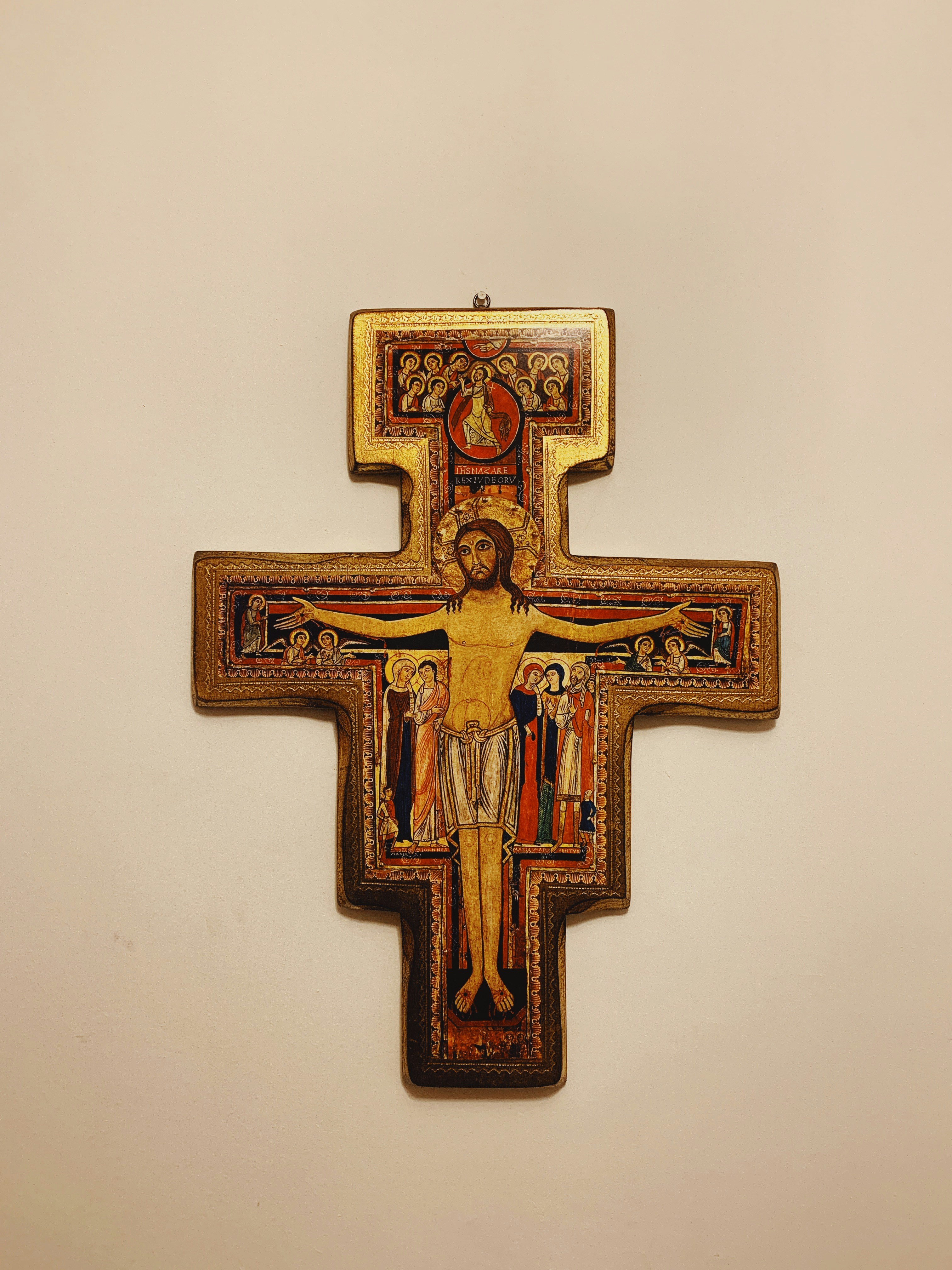
 Dr. Alexis Dallara-Marsh is a board-certified neurologist who practices in Bergen County, NJ. She is a wife to her best friend, Akeem, and a mother of two little ones on Earth and two others in heaven above.
Dr. Alexis Dallara-Marsh is a board-certified neurologist who practices in Bergen County, NJ. She is a wife to her best friend, Akeem, and a mother of two little ones on Earth and two others in heaven above.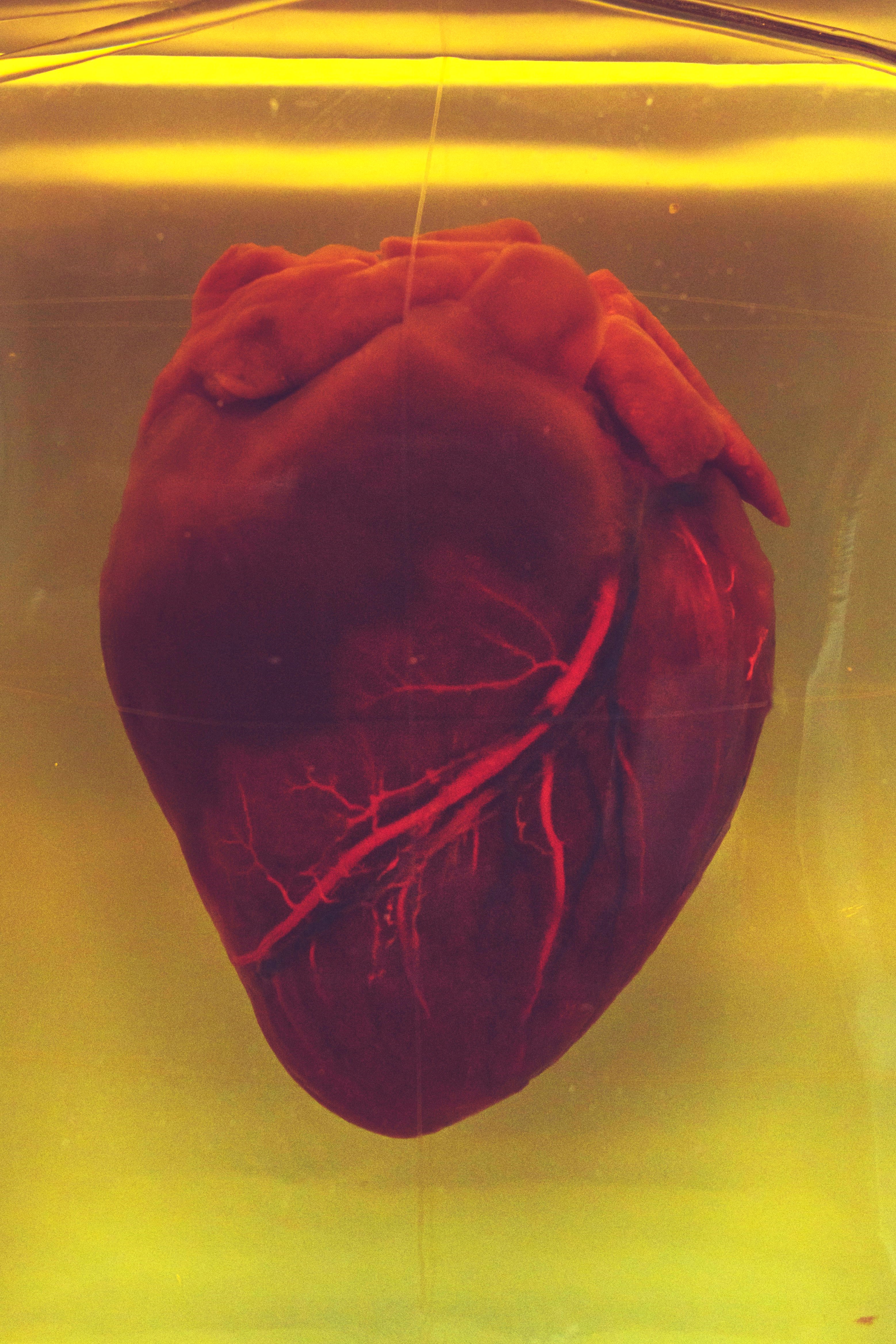
 Deacon Dan Schneider is a retired general manager of industrial distributors. He and his wife Vicki have been married for over 50 years. They are the parents of eight children and thirty-one grandchildren. He has a degree in Family Life Education from Spring Arbor University. He was ordained a Permanent Deacon in 2002. He has a passion for working with engaged and married couples and his main ministry has been preparing couples for marriage.
Deacon Dan Schneider is a retired general manager of industrial distributors. He and his wife Vicki have been married for over 50 years. They are the parents of eight children and thirty-one grandchildren. He has a degree in Family Life Education from Spring Arbor University. He was ordained a Permanent Deacon in 2002. He has a passion for working with engaged and married couples and his main ministry has been preparing couples for marriage.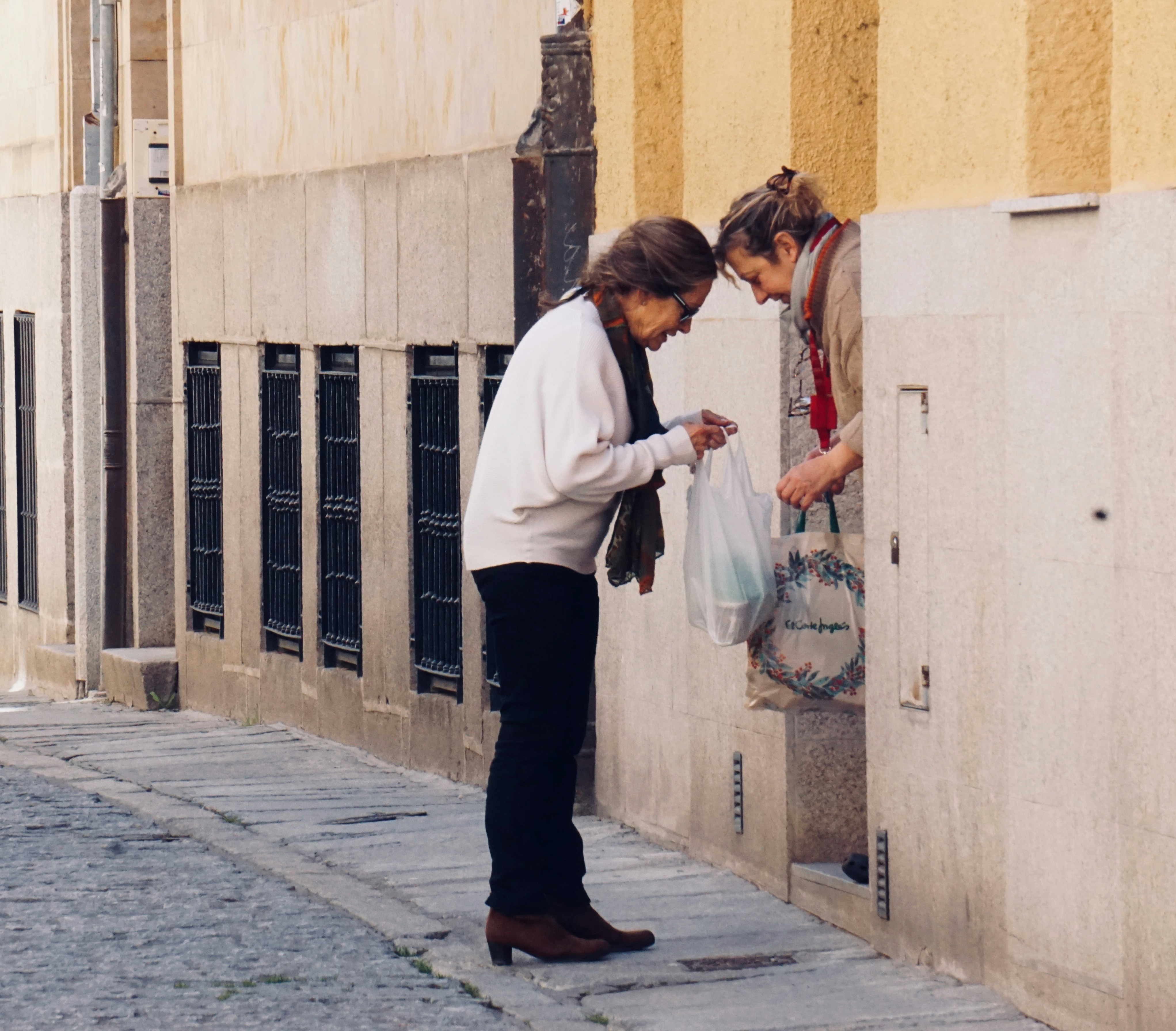
 Allison Gingras (
Allison Gingras ( 
 Kathryn Mulderink, MA, is married to Robert, Station Manager for Holy Family Radio. Together they have seven children (including Father Rob), and eight grandchildren. She is President of the local community of Secular Discalced Carmelites and has published five books and many articles. Over the last 30 years, she has worked as a teacher, headmistress, catechist, Pastoral Associate, and DRE, and as a writer and voice talent for Catholic Radio. Currently, she serves the Church by writing and speaking, and by collaborating with various parishes and to lead others to encounter Christ and engage their faith. Her website is
Kathryn Mulderink, MA, is married to Robert, Station Manager for Holy Family Radio. Together they have seven children (including Father Rob), and eight grandchildren. She is President of the local community of Secular Discalced Carmelites and has published five books and many articles. Over the last 30 years, she has worked as a teacher, headmistress, catechist, Pastoral Associate, and DRE, and as a writer and voice talent for Catholic Radio. Currently, she serves the Church by writing and speaking, and by collaborating with various parishes and to lead others to encounter Christ and engage their faith. Her website is 
 Mike Karpus is a regular guy. He grew up in Michigan’s Upper Peninsula, graduated from Michigan State University and works as an editor. He is married to a Catholic school principal, raised two daughters who became Catholic school teachers at points in their careers, and now relishes his two grandchildren, including the older one who is fascinated with learning about his faith. He also has served on a Catholic school board, a pastoral council and a parish stewardship committee. He currently is a lector at Mass, a Knight of Columbus, Adult Faith Formation Committee member and a board member of the local Habitat for Humanity organization. But mostly he’s a regular guy.
Mike Karpus is a regular guy. He grew up in Michigan’s Upper Peninsula, graduated from Michigan State University and works as an editor. He is married to a Catholic school principal, raised two daughters who became Catholic school teachers at points in their careers, and now relishes his two grandchildren, including the older one who is fascinated with learning about his faith. He also has served on a Catholic school board, a pastoral council and a parish stewardship committee. He currently is a lector at Mass, a Knight of Columbus, Adult Faith Formation Committee member and a board member of the local Habitat for Humanity organization. But mostly he’s a regular guy.


 Merridith Frediani loves words and is delighted by good sentences. She also loves Lake Michigan, dahlias, the first sip of hot coffee in the morning, millennials, and playing Sheepshead with her husband and three kids. She writes for Catholic Mom, Diocesan.com, and her local Catholic Herald. Her first book Draw Close to Jesus: A Woman’s Guide to Adoration is available at Our Sunday Visitor and Amazon. You can learn more at
Merridith Frediani loves words and is delighted by good sentences. She also loves Lake Michigan, dahlias, the first sip of hot coffee in the morning, millennials, and playing Sheepshead with her husband and three kids. She writes for Catholic Mom, Diocesan.com, and her local Catholic Herald. Her first book Draw Close to Jesus: A Woman’s Guide to Adoration is available at Our Sunday Visitor and Amazon. You can learn more at 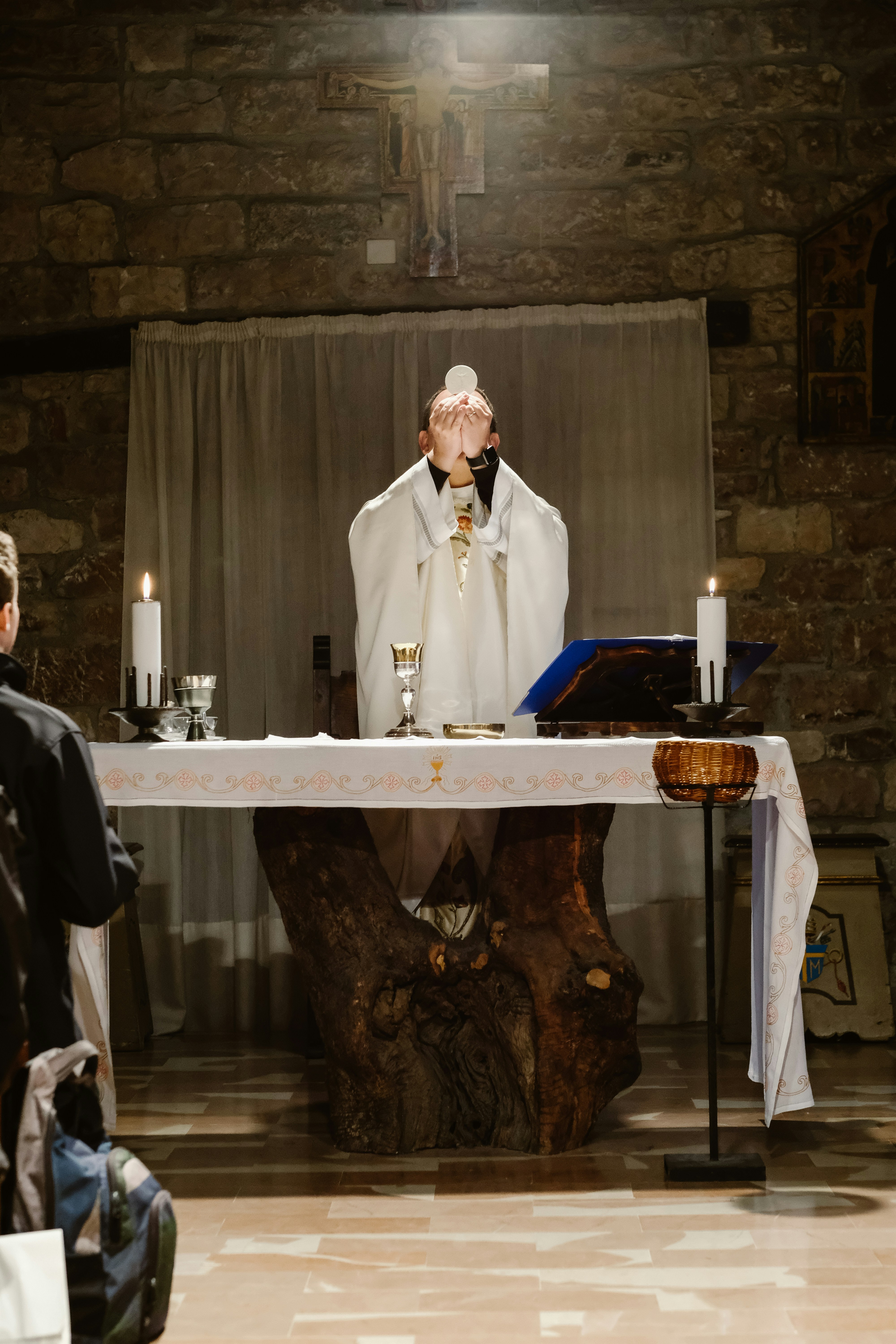


 Kate Taliaferro is an Air Force wife and mother. She is blessed to be able to homeschool, bake bread and fold endless piles of laundry. When not planning a school day, writing a blog post or cooking pasta, Kate can be found curled up with a book or working with some kind of fiber craft. Kate blogs at
Kate Taliaferro is an Air Force wife and mother. She is blessed to be able to homeschool, bake bread and fold endless piles of laundry. When not planning a school day, writing a blog post or cooking pasta, Kate can be found curled up with a book or working with some kind of fiber craft. Kate blogs at 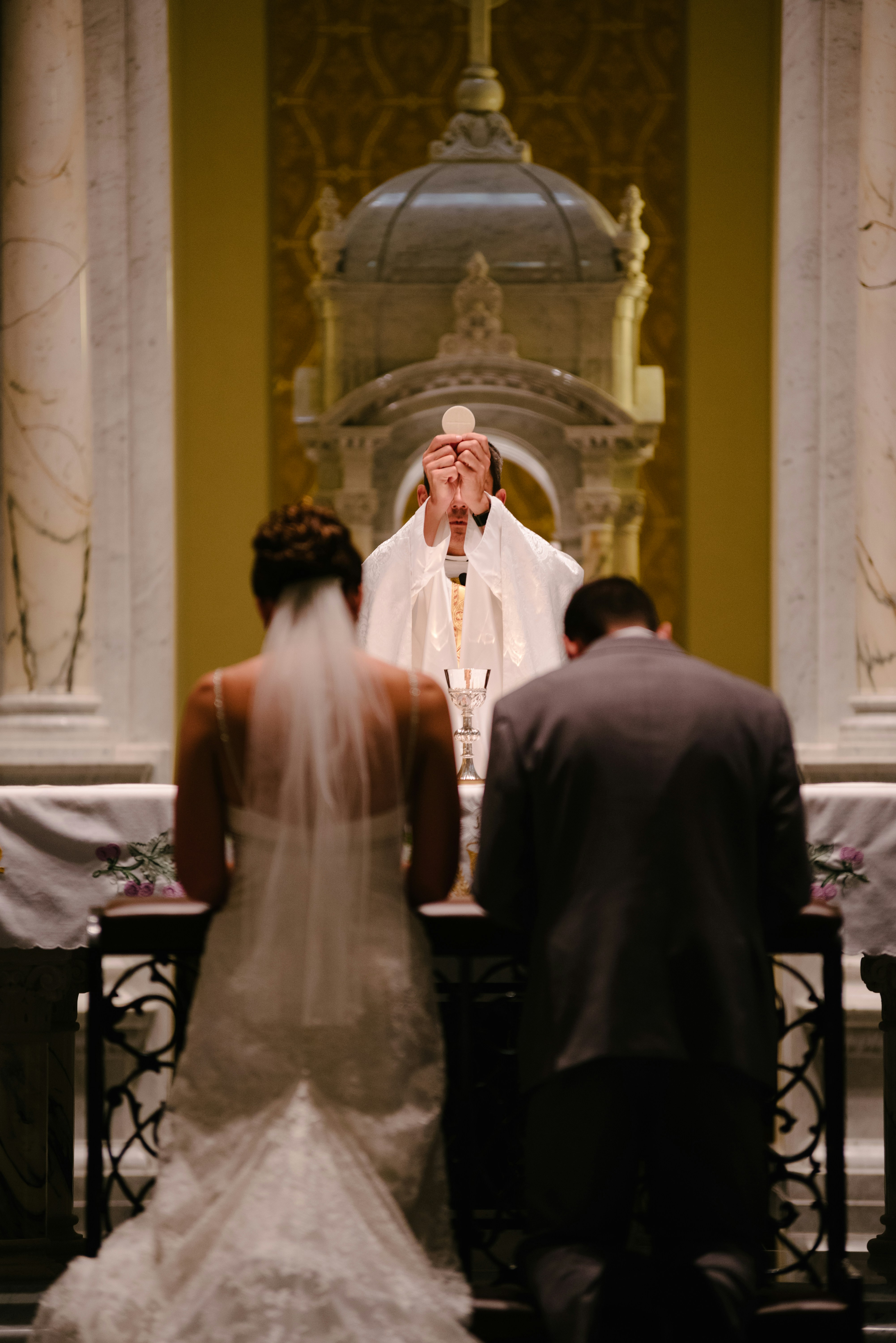
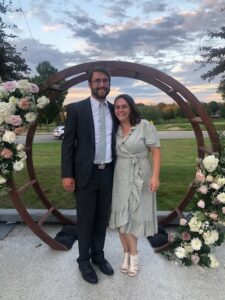 Heather Orlowski and her husband are busy parents of two little girls (ages 2 and 4). The Catholic Church holds a special place in her heart and in her entire life. She attended Catholic schools from Kindergarten through college. She graduated from Aquinas College with a degree in Elementary/Special Education. Catholic Education is very important to her and she now teaches 1st and 2nd grades at St. Therese Catholic School. In her free time, she loves creating memories with her family and watching her little girls play soccer.
Heather Orlowski and her husband are busy parents of two little girls (ages 2 and 4). The Catholic Church holds a special place in her heart and in her entire life. She attended Catholic schools from Kindergarten through college. She graduated from Aquinas College with a degree in Elementary/Special Education. Catholic Education is very important to her and she now teaches 1st and 2nd grades at St. Therese Catholic School. In her free time, she loves creating memories with her family and watching her little girls play soccer. 